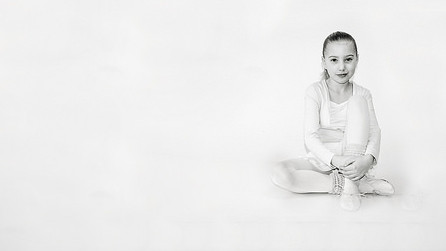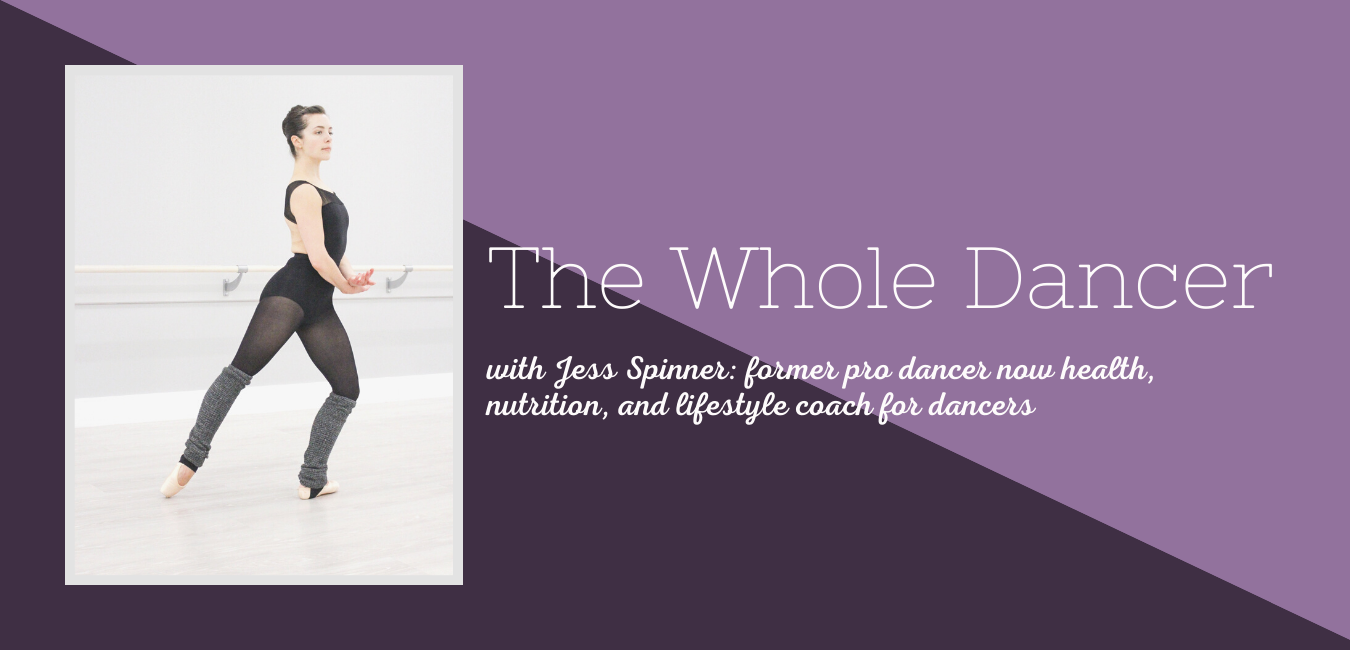Self-Expression
in the Studio and in Life
As a dancer, you might have decided that movement is your most effective form of self-expression. It may very well be. But there is more power within you, and when you start using it, a whole new world will open up.
There’s actually A LOT of power within you, but for the purposes of today’s message, let’s focus on one.
Your voice.
You likely started dance at a young age. Maybe you were 7 or 8, or possibly even younger. Serious ballet schools and teachers want quiet in the classroom. It’s a respect thing, and it makes sense.

When you’re young and being quiet is a sign of respect, you might decide being quiet is what’s most comfortable.
Then you decide you’d rather express yourself through movement anyway. Again, not terrible, but it might make it harder to speak up when it matters.
You should speak up when you’re lost, when you need help, and when you want to share your experiences with those around you. It’s also essential to speak up against matters of injustice. Practice this regularly, and it will get easier.
Using your voice can connect you to those around you. There’s often someone dealing with something similar, but if you don’t share, you’ll never know.
There are a lot of instances when your ability to speak up can greatly impact your development as a dancer.
When you’re learning a new piece with a guest choreographer and you’re unclear on the movement, you could stay quiet, try to figure it out, and do your best when it’s your turn to give it a go in front of everyone…
or…
Speak up, ask for help, and gain clarity.
This can make the difference in getting cast in a new piece or not.
Of course, this also applies in an audition setting. Having the ability to speak up and get clarification could make the difference between getting the job or not.
Your voice is also wildly important when you’re having meetings with your Artistic Director.
It’s tempting to sit back and just soak it in. Taking feedback quietly, accepting and internalizing it can be OK, but you also may be missing out on a powerful opportunity to learn more about your performance and how you’re perceived.
The Artistic Director will likely have an agenda for your meeting. You should have one too. Be prepared with questions about different things you’re working on.
If you learn that your contract is not being renewed, asking for advice from the artistic staff can be a game changer. They may have contacts they can reach out to or suggestions as to where you might audition.
If you’re not comfortable speaking with the artistic staff, you’ll miss out on a lot of wisdom.
All the fundamentals we go through at the barre each day make us physically stronger. In the same way,
Exercising your voice will make it stronger.
Strong spoken communication is going to serve you greatly when you’re done dancing, and since it’s hard to pinpoint exactly when that might be, start exercising your voice now.
Now is a time to speak out for equality in all things.
Black Lives Matter. The violence against men and women of color has to stop. No one should accept what’s going on.
As it relates to The Whole Dancer, I’m committed to LISTENING more than I speak and giving back and supporting in whatever ways I can. The healing and change can only happen if we move through this together.
In dance, it’s essential that the implicit bias ends. It shouldn’t be a political statement for a ballet company to hire a black dancer, and men and women of color shouldn’t feel like they only have a few options of places to dance.
Speak out about what you believe in, and be an agent of change. Be an ally and be actively anti-racist.
Use. Your. Voice.
Photo credit: Tom Cuppens via Visualhunt / CC BY-NC-SA
